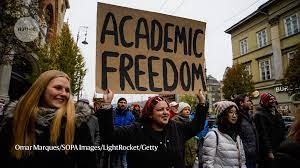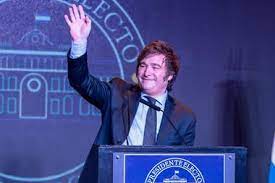UK researchers need to know academic freedom is safe from political interference

London: In late October, the UK science secretary Michelle Donelan launched an unprecedented public intervention by calling for the disbandment of an advisory panel on equality in research because of its members’ comments on social media. The move has undermined diversity and inclusion efforts in the research sector, and caused an uproar among academics concerned about their freedom of speech.
Days after the announcement of Research England’s new equality, diversity and inclusion (EDI) committee, Donelan wrote an open letter to the chief executive of UKRI (Research England’s parent body) making the contentious claim that two committee members had shared ‘extremist views’ on social media and called for the panel to be dissolved.

According to a report in the i newspaper, Donelan had instructed government officials to compile a dossier on the academics’ social media posts that were deemed supportive of ‘anti-racism’, ‘transgender advocacy’ and ‘militant leftism’. Donelan asserts that two posts relating to the ongoing conflict in Israel and Palestine contravened the Nolan principles of public life, which require holders of official positions to act with honesty and integrity. This argument has drawn criticism from wide sections of the research community, and leaves many unsure about what they can safely say.
In response to Donelan’s intervention, over 3000 academics signed a letter calling on UKRI to assert its independence from government interference. Placed in an unenviable position, UKRI’s leadership took the decision to suspend the EDI committee pending an internal investigation into the appointments. The decision prompted criticism from many in the research community, with the leaders of the University and College Union and the National Education Union expressing their dismay at the situation. Over 500 UKRI grant holders signed a letter objecting to UKRI’s handling of the matter, noting that the situation threatens the principles of free speech and academic freedom that exist to protect individuals from sanction at the direction of government ministers.
